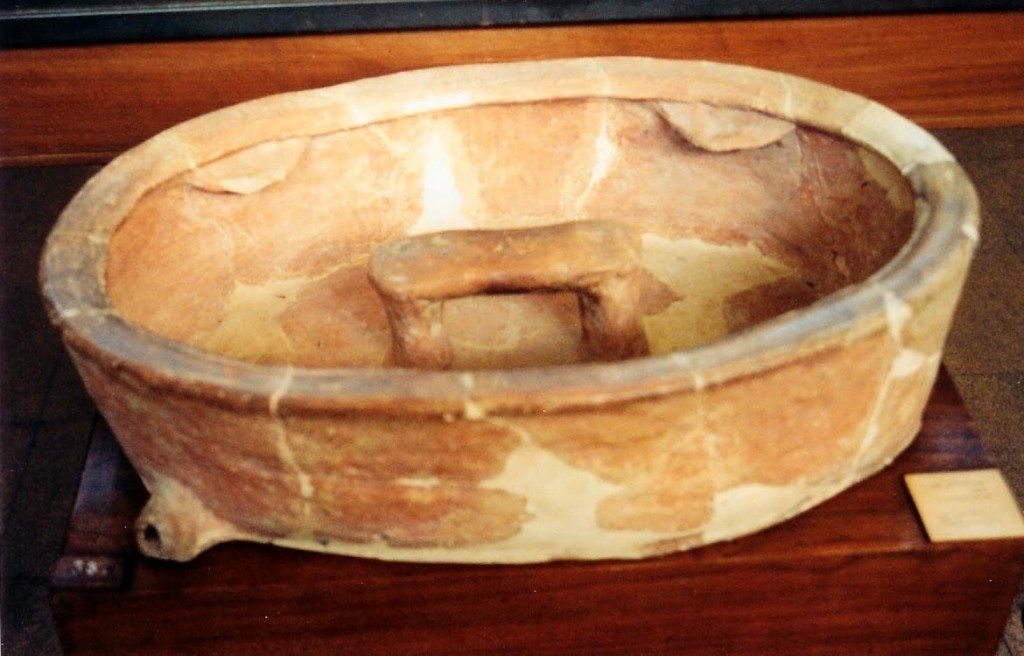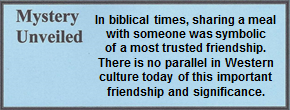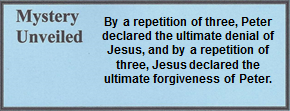14.02.06 Lk. 22:21-32
JESUS HINTS OF HIS BETRAYER CAUSING DISCIPLES TO ARGUE
21 But look, the hand of the one betraying Me is at the table with Me! 22 For the Son of Man will go away as it has been determined, but woe to that man by whom He is betrayed!”
23 So they began to argue among themselves which of them it could be who was going to do this thing. 24 Then a dispute also arose among them about who should be considered the greatest.
25 But He said to them, “The kings of the Gentiles dominate them, and those who have authority over them are called ‘Benefactors.’ 26 But it must not be like that among you. On the contrary, whoever is greatest among you must become like the youngest, and whoever leads, like the one serving. 27 For who is greater, the one at the table or the one serving? Isn’t it the one at the table? But I am among you as the One who serves. 28 You are the ones who stood by Me in My trials. 29 I bestow on you a kingdom, just as My Father bestowed one on Me, 30 so that you may eat and drink at My table in My kingdom. And you will sit on thrones judging the 12 tribes of Israel.
31 “Simon, Simon, look out! Satan has asked to sift you like wheat. 32 But I have prayed for you that your faith may not fail. And you, when you have turned back, strengthen your brothers.”
As they gathered for the Passover meal, His ministry was approaching its climax. For over three years the disciples had traveled with Him, and during that time He had told them of His impending suffering and death (Lk. 22:14). But what did their discussions focus on now? It was a concern as to who would be the greatest among them (Lk. 22:24). Obviously, they failed to grasp what was most important to Jesus.
Their questions concerning power and authority had perplexed them on several occasions.[1] Jesus had given ample teaching on leadership and now was the time for one last lesson.
14.02.06.Q1 Why did Jesus wash the disciple’s feet (Lk. 22:21-32)?
As in any ancient Middle Eastern city in or near a desert, the streets of Jerusalem were covered with manure and raw sewage. The dry Sirocco winds blow in dust from the northern edge of the Arabian Desert located east of the Jordan River.[2] In this environment, people frequently walked barefoot or wore simple leather thongs on their feet. Obviously, one did not have to travel far before his or her feet became filthy, sore, and tired. As a result, it was the custom for slaves to wash the feet of a guest upon entering a home or prior to eating with a host family. It was cleansing and refreshing.
Likewise, it was the custom of disciples to care for the needs of their mentors and rabbis. They provided his food, all his worldly cares, and made his life as comfortable as possible. That included washing his feet – a relaxing pleasure at the end of a day’s journey. In return, the rabbis taught them the Scriptures, in particular, the application of the Torah to the daily issues of life. At this Passover, everyone already had their feet washed when they entered the house. So why did Jesus wash the disciples’ feet? There are two possible answers:
- The traditional interpretation which is taught elsewhere in Scripture is that service to others should be done with humility and in the name of Jesus.
- But a few scholars have suggested that when the rabbi felt that one or more of his disciples were ready to “graduate,” he would wash their feet. Little did they know that soon they would no longer be disciples, but rabbinic apostles. The feet washing was both a ritual to teach humility and a commissioning service to man and God.[3] The difficulty with this viewpoint is that there is no written hint of a commissioning service – yet Jesus often said that He would soon die in Jerusalem. Had they considered what they might do after that? Apparently not.
They had just completed their last Passover together in which Jesus connected the significance of the ancient exodus from Egypt and the wedding imagery of the cups of wine to the future marriage of the Lamb. The significant point is that their service to others would be with the humility of a slave. While they were to teach and demonstrate the Kingdom of God, their lives were to be ones of humility and service. As Jesus was sent by the Father,[4] so likewise He sent out the seventy disciples (Lk. 10:1) and then the twelve.[5]
[1]. Mt. 18:1-5; 20:20-28; Mk. 9:33-37; 10:32-45; Lk. 9:46-48.
[2]. Levy, The Ruin and Restoration of Israel. 89. For a study of historical maps of this region, see Nebenzahl, Kenneth. Maps of the Holy Land. New York: Abbeville Press. 1986.
[3]. While some scholars believe that a foot washing service was a graduating or commissioning event among some rabbis, it is important not to “read that into this text.” The genuine commissioning into ministry occurred on the Day of Pentecost. Yet the foot washing event must have made the disciples think in a broader context of their own ministry.
[4]. Mt. 15:24; Mk 9:37; Lk.9:48; Jn. 3:17; 5:36; 6:29.
[5]. Mt. 10:5; Mk. 3:14; 6:7; Lk. 9:2; Jn. 4:38.


